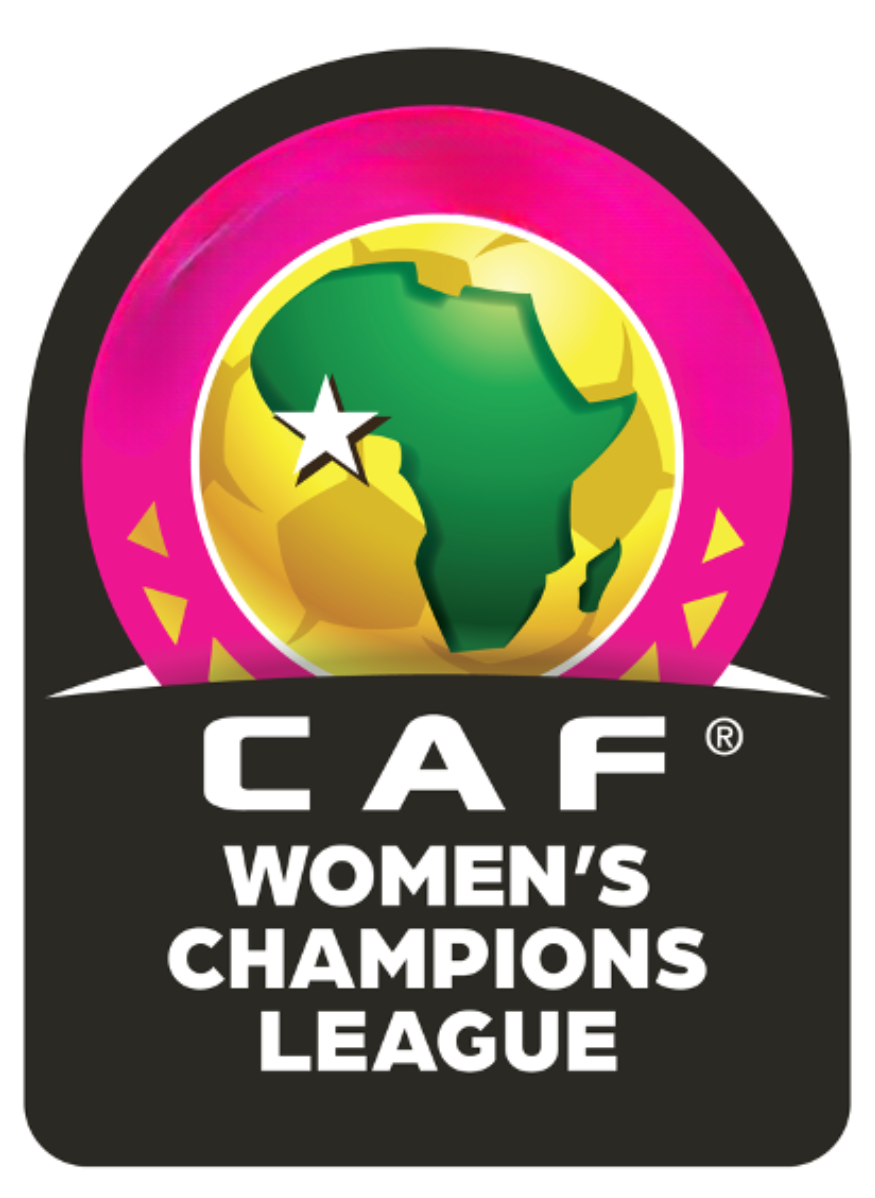CAF Women’s Champions League: Tshabalala looking beyond CAF Women’s Champions League title defense
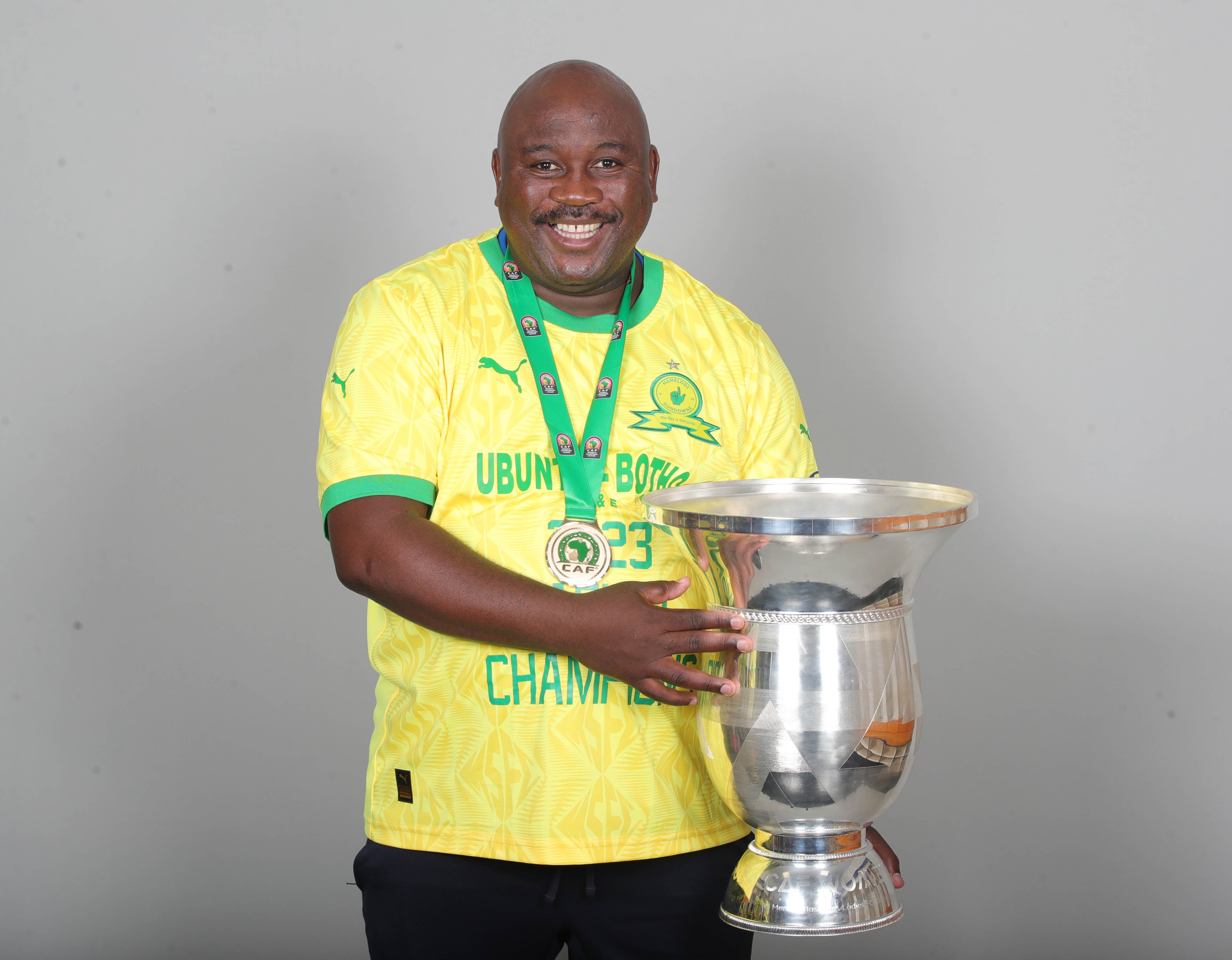
Mamelodi Sundowns Ladies FC head coach, Jerry Tshabalala says defending their CAF Women’s Champions League title is important for the club. However, equally crucial to the club is the continuous development of young female football talent.
Tshabalala will be aiming at securing a third CAF Women’s Champions League gold medal for the South African side who have won two out of the three editions.
Speaking to CAFOnline ahead of the much-anticipated competition, Tshabalala touches on the evolution of the women’s game in Africa, their ambitions and goals for the tournament and also shares some words of advice to tournament debutants, University of Western Cape who will also represent South Africa at the finals.
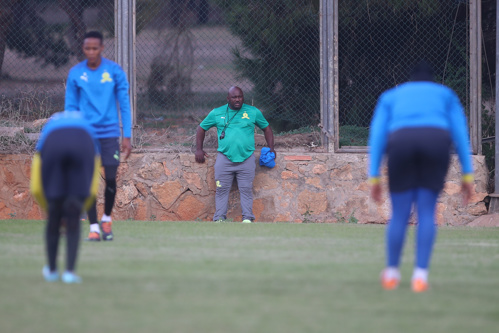
Coach all eyes on Mamelodi Sundowns once again as the defending champions, what do you make of the pressure of going into the competition as defending champions?
It is always a challenge going into a tournament as the defending champions because everyone is watching and expecting the best from us. The pressure is definitely there, but as a team, we are usually used to dealing with high expectations. We channel that pressure into focus and preparation, ensuring we perform to our best ability, while keeping the mindset that we need to earn our success again.
The standard of the competition has grown significantly over the years, what have been some of the observations you have made in the last two editions?
The level of competition has improved drastically in the last two editions. Teams have become more tactically aware, and there’s been a huge progress. More clubs are investing in their women’s teams, we saw teams like Simba Queens, TP Mazembe which has raised the overall quality of play. The tournament is more competitive than ever, and this demands that we keep evolving.
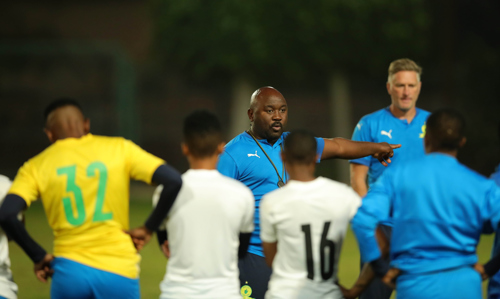
Physicality for COSAFA nations have always been of concern in both the men and women’s football, is this something you feel is of concern ahead of the tournament?
Physicality is something we’ve been aware of and working on. It’s true that COSAFA nations have struggled in that aspect in the past, but we’ve made significant strides in conditioning our players hence we brought in a top conditioning coach in Hannah Dwyer for the demands of the tournament. It's not just about physical strength but also endurance, recovery, and fitness, which are all key areas we focus on. In this way, we ensure that our players can handle any physical challenge that comes their way.
SA has to clubs in the CAFWCL this year, what do you make of this and the standard of the women’s game in SA?
It’s a huge milestone for women’s football in South Africa to have two clubs in the CAF Women’s Champions League this year. It shows that our domestic league is growing in strength and that we are producing talent capable of competing at the highest level in Africa. This can only benefit the overall development of the women's game in SA and inspire more investment and growth.
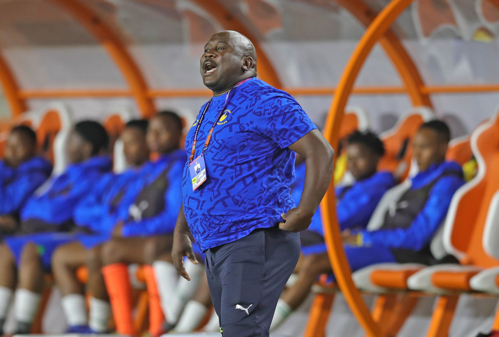
For your fellow SA club (UWC), if you had to give them some advice ahead of the CAFWCL, what would it be?
For UWC, I would advise them to approach the tournament with confidence and believe in their abilities. Every team they face will be tough, but they should focus on their own strengths. Preparation is key, especially in managing the demands of tournament football. The small details, like recovery, set pieces, and game management will make a big difference. I’d also encourage them to learn from each game and stay resilient, no matter the challenges they face.
Apart from defending the title, are the any particular goals or objectives you have for the tournament?
While defending our title is obviously the main goal, we also aim to continue developing our younger players and instil a sense of consistency in our performances. It’s important for us to showcase the growth of our footballing philosophy, ensuring that every game reflects our progress. We also want to improve in areas where we struggled in previous editions, like adapting to different tactical styles and being more clinical in front of goal.














